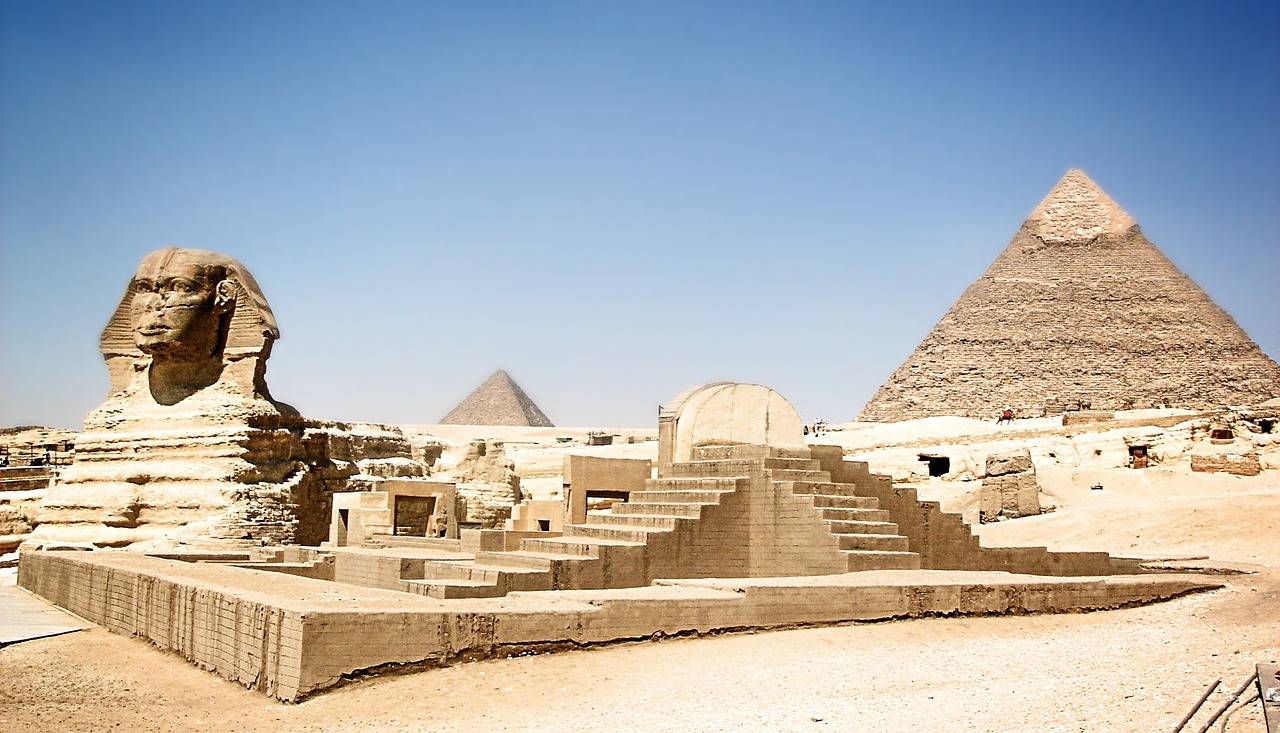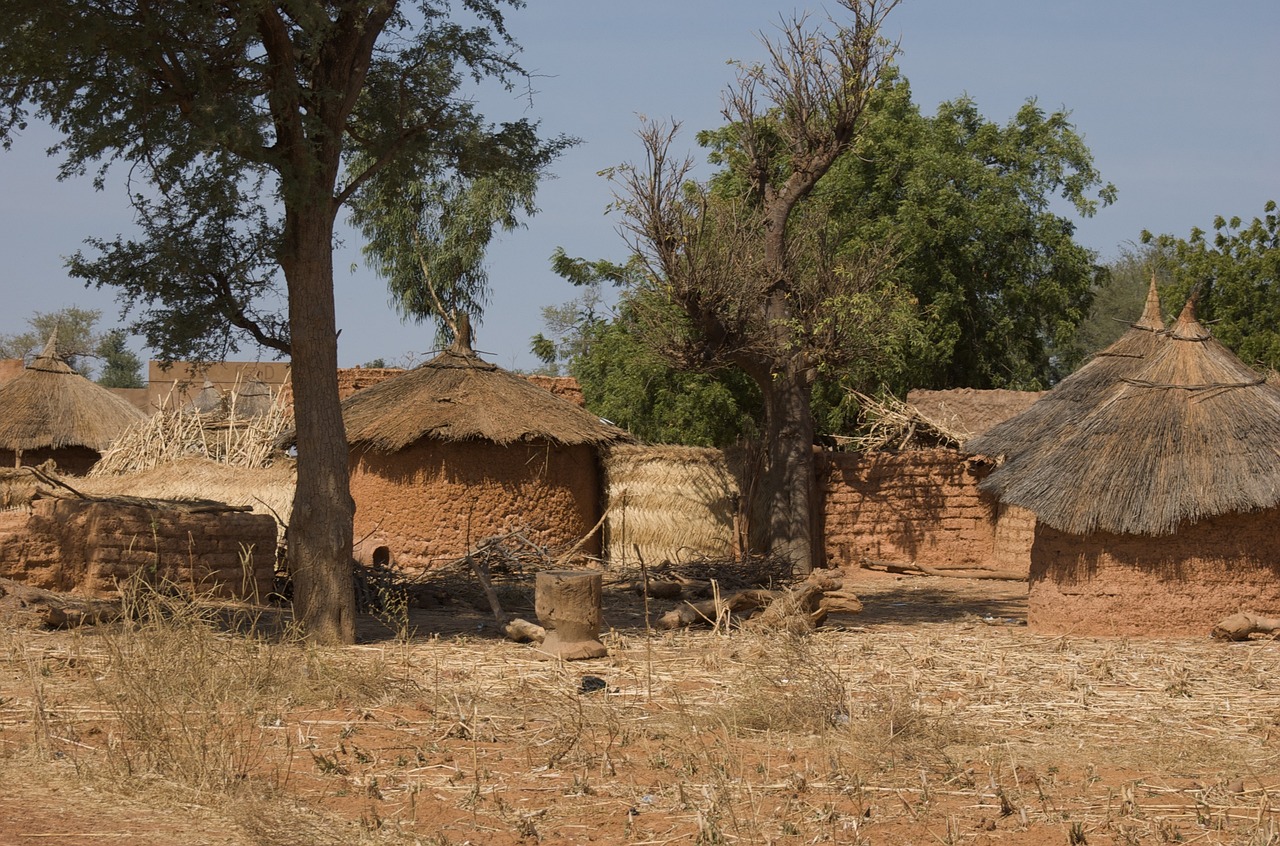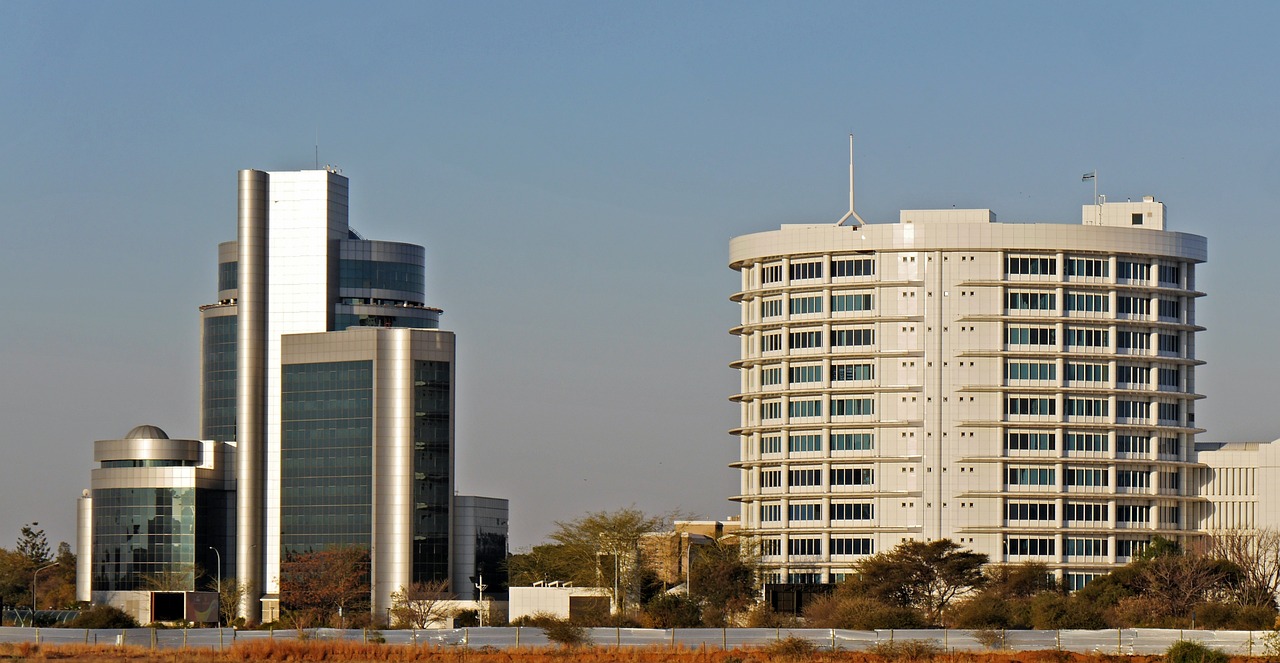30 Fascinating Facts About the Land of Pharaohs (Egypt)
Egypt, with its iconic pyramids, majestic Nile River, and ancient wonders, has captivated the world for centuries. This mystical land of Pharaohs holds an allure that transcends time, inviting travelers to unravel its enigmatic past and immerse themselves in its vibrant culture. In this blog post, we embark on a journey to Egypt, unveiling 30 fascinating facts that shed light on the rich history, mesmerizing landmarks, and enduring legacy of this extraordinary country.
1. Egypt is Home to the Pyramids of Giza
The Pyramids of Giza, including the Great Pyramid of Khufu, are among the most recognizable and enduring symbols of ancient Egypt. These monumental structures, built as tombs for the Pharaohs, showcase the remarkable architectural and engineering skills of the ancient Egyptians.
2. The Nile River is the Lifeblood of Egypt
The Nile River, the longest river in the world, flows through Egypt, providing sustenance and fertile lands. Ancient Egyptian civilization thrived along the banks of the Nile, and today, it continues to be a vital source of water, transportation, and livelihood for millions of Egyptians.
3. Egypt is Home to Luxor, the World’s Largest Open-Air Museum
Luxor, located on the east bank of the Nile, is often referred to as the world’s largest open-air museum. This ancient city is home to remarkable archaeological sites, including the Luxor Temple, Karnak Temple Complex, Valley of the Kings, and Hatshepsut’s Temple, offering visitors a glimpse into the grandeur of ancient Egypt.
4. The Great Sphinx Guards the Pyramids
The Great Sphinx, a mythical creature with the body of a lion and the head of a human, stands as a sentinel near the Pyramids of Giza. This enigmatic statue, believed to represent the Pharaoh Khafre, has fascinated generations with its imposing presence and mysterious origins.
5. The Ancient Egyptian Hieroglyphic Writing System
Ancient Egyptians developed one of the earliest writing systems known as hieroglyphs. These intricate pictorial symbols were used to record religious texts, historical events, and everyday life. Deciphering hieroglyphs has allowed scholars to unlock the secrets of ancient Egypt.
6. The Valley of the Kings Houses Royal Tombs
The Valley of the Kings, located on the west bank of the Nile, served as the final resting place for many Pharaohs of the New Kingdom. This vast necropolis is renowned for its beautifully decorated tombs, including the tomb of Tutankhamun, which captivated the world when it was discovered in 1922.
7. Egypt has a Rich Mythological Heritage
Ancient Egyptian mythology is a complex tapestry of gods, goddesses, and mythical creatures. Deities such as Ra, Isis, Osiris, and Horus played significant roles in the religious beliefs and rituals of the ancient Egyptians, reflecting their worldview and cosmology.
8. Cairo is the Vibrant Capital of Egypt
Cairo, the bustling capital city of Egypt, is a vibrant metropolis that blends ancient wonders with modernity. The city is home to iconic landmarks such as the Egyptian Museum, the Citadel of Saladin, and the vibrant Khan El Khalili market.
9. The Temples of Abu Simbel are a Testament to Ancient Engineering
The Temples of Abu Simbel, located in southern Egypt, are remarkable monuments hewn from solid rock. Built during the reign of Pharaoh Ramses II, these temples were meticulously relocated in a UNESCO-led effort to save them from flooding during the construction of the Aswan High Dam.
10. The Egyptian Museum is a Treasure Trove of Artifacts
The Egyptian Museum in Cairo houses an extensive collection of artifacts, including the treasures of Tutankhamun and numerous ancient Egyptian artifacts spanning thousands of years. Visitors can marvel at mummies, statues, jewelry, and intricately decorated sarcophagi, gaining insights into the daily lives and beliefs of the ancient Egyptians.
11. Aswan is Famous for its High Dam
Aswan, a city on the banks of the Nile, is renowned for the Aswan High Dam. This engineering marvel, completed in 1970, regulates the flow of the Nile River, provides hydroelectric power, and helped control flooding, improving agriculture and the overall development of the region.
12. Alexandria Was Once an Intellectual and Cultural Hub
Alexandria, founded by Alexander the Great, was a thriving center of learning and culture in ancient times. Its famous library, the Great Library of Alexandria, housed a vast collection of ancient knowledge and played a crucial role in the dissemination of ideas and scholarship.
13. The Karnak Temple Complex is a Testament to Ancient Grandeur
The Karnak Temple Complex in Luxor is a sprawling temple complex dedicated to the worship of Amun, Mut, and Khonsu. This monumental site comprises various temples, pylons, obelisks, and sanctuaries, showcasing the grandeur and architectural prowess of ancient Egypt.
14. Egypt is a Land of Cultural Festivals
Egypt celebrates numerous cultural festivals throughout the year, providing a glimpse into its vibrant traditions. Festivals such as Eid al-Fitr, Ramadan, and Sham el-Nessim offer opportunities to witness local customs, taste traditional cuisine, and immerse oneself in the lively atmosphere.
15. The Red Sea Riviera Offers Stunning Beaches and Diving Sites
The Red Sea Riviera along Egypt’s eastern coastline is renowned for its stunning beaches, crystal-clear waters, and vibrant coral reefs. This coastal paradise, including destinations like Hurghada and Sharm El Sheikh, attracts sun-seekers and diving enthusiasts from around the world.
16. Egypt’s Western Desert is a Land of Extraordinary Landscapes
The Western Desert of Egypt is a vast expanse of arid landscapes, rolling dunes, and ancient oases. This remote region offers adventurous travelers the opportunity to explore unique natural wonders, such as the White Desert and the Great Sand Sea.
17. The Suez Canal Connects the Mediterranean and Red Seas
The Suez Canal, a significant feat of engineering, connects the Mediterranean Sea to the Red Sea, allowing for efficient maritime trade and navigation. This vital waterway has played a crucial role in global commerce and has shaped Egypt’s strategic importance.
18. The Egyptian Cuisine is Full of Flavors
Egyptian cuisine is a delightful fusion of Mediterranean, Middle Eastern, and African flavors. From aromatic dishes like koshari and ful medames to delectable desserts like baklava and konafa, Egyptian cuisine tantalizes taste buds and reflects the country’s diverse culinary heritage.
19. The White Desert is a Surreal Landscape of Chalk Formations
The White Desert, located in Egypt’s Western Desert, features a surreal landscape of chalk rock formations that resemble an otherworldly moonscape. The dazzling white formations, sculpted by wind and erosion, create a captivating and ethereal ambiance.
20. Egypt is Home to Vibrant Nubian Culture
The Nubians, an ancient ethnic group, have a vibrant cultural heritage that extends across Egypt and Sudan. Nubian music, dance, and art showcase their rich traditions and close connection to the Nile River.
21. The Temple of Hatshepsut is an Architectural Marvel
The Temple of Hatshepsut, located in Luxor, is a testament to the architectural prowess of ancient Egypt. This mortuary temple, dedicated to the female Pharaoh Hatshepsut, features terraces, colonnades, and intricate reliefs that tell the story of her reign.
22. The Siwa Oasis Offers a Tranquil Retreat
The Siwa Oasis, nestled in the Western Desert, is a serene retreat renowned for its natural beauty and cultural heritage. Surrounded by palm groves and natural springs, the oasis provides a tranquil escape where visitors can relax and rejuvenate.
23. The Egyptian Film Industry is Flourishing
Egypt has a thriving film industry, often referred to as “Egyptian Cinema.” Egyptian films, known for their captivating storytelling and talented actors, have gained international recognition and continue to shape the cultural landscape of the region.
24. The Colossi of Memnon Guard the Theban Necropolis
The Colossi of Memnon, two massive statues of Pharaoh Amenhotep III, stand proudly at the entrance of the Theban Necropolis. These imposing statues, carved from single blocks of stone, have captivated visitors for centuries with their grandeur and ancient significance.
25. Egypt is a Melting Pot of Cultures
Egypt’s strategic location at the crossroads of Africa, the Middle East, and the Mediterranean has influenced its cultural diversity. The country embraces a blend of Arab, Nubian, Islamic, and Coptic Christian traditions, fostering a rich tapestry of customs, languages, and beliefs.
26. The Mosque of Muhammad Ali is an Architectural Gem
The Mosque of Muhammad Ali, located within the Citadel of Cairo, is a stunning example of Ottoman architecture. Its elegant domes, towering minarets, and intricate interior design make it a must-visit destination for those seeking architectural marvels.
27. The Egyptian Souq Experience is Enchanting
Exploring the bustling souqs (markets) of Egypt is an enchanting experience. From Cairo’s Khan El Khalili to Aswan’s Souq al-Haggag, these vibrant marketplaces offer a sensory overload of sights, sounds, and scents, where one can haggle for spices, textiles, and traditional crafts.
28. Egypt’s Pharaonic Village Offers Living History
The Pharaonic Village, located in Cairo, provides visitors with a unique opportunity to step back in time and experience ancient Egypt. Through interactive exhibits, recreated scenes, and knowledgeable guides, visitors can gain insights into the daily life, rituals, and customs of the Pharaohs.
29. The Rosetta Stone Unlocked Ancient Egyptian Writing
The Rosetta Stone, discovered in Rosetta (Rashid), played a pivotal role in deciphering ancient Egyptian hieroglyphs. This ancient artifact, inscribed with a decree in three scripts—hieroglyphic, demotic, and ancient Greek—provided the key to understanding the complex hieroglyphic writing system.
30. Egypt’s Rich Cultural Heritage Continues to Inspire
From ancient wonders to modern achievements, Egypt’s rich cultural heritage continues to inspire awe and wonder. Its historical legacy, magnificent landmarks, and vibrant traditions make it a destination that beckons travelers to explore its depths and uncover the mysteries of this captivating land.
As you delve into the intriguing world of Egypt, these 30 fascinating facts offer a glimpse into its captivating history, breathtaking landscapes, and enduring allure. Whether you’re planning a visit or simply curious about this remarkable country, Egypt’s enigmatic charm will leave an indelible mark on your heart and mind.
Author Profile
- Welcome to my world facts blog! I'm Jay Steph, and I'm here to explore the captivating wonders of our planet. With a thirst for knowledge and a passion for exploration, I unravel fascinating insights about cultures and history. Join me on this awe-inspiring journey as we uncover hidden treasures together. Let's dive into the world of world facts and embark on an incredible adventure!
Latest entries
 AsiaJuly 31, 202330 Facts About Bangladesh
AsiaJuly 31, 202330 Facts About Bangladesh AfricaJuly 31, 202330 Facts About Burkina Faso
AfricaJuly 31, 202330 Facts About Burkina Faso AustraliaJuly 25, 202330 Facts about the Marshall Islands
AustraliaJuly 25, 202330 Facts about the Marshall Islands South AmericaJuly 25, 202330 Facts About Chile
South AmericaJuly 25, 202330 Facts About Chile



